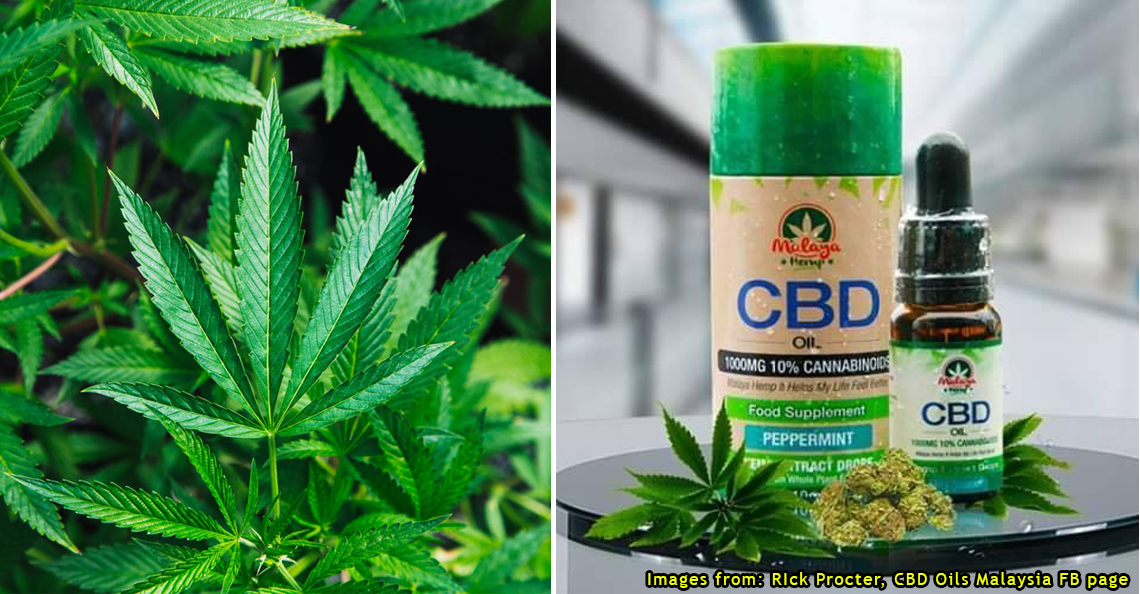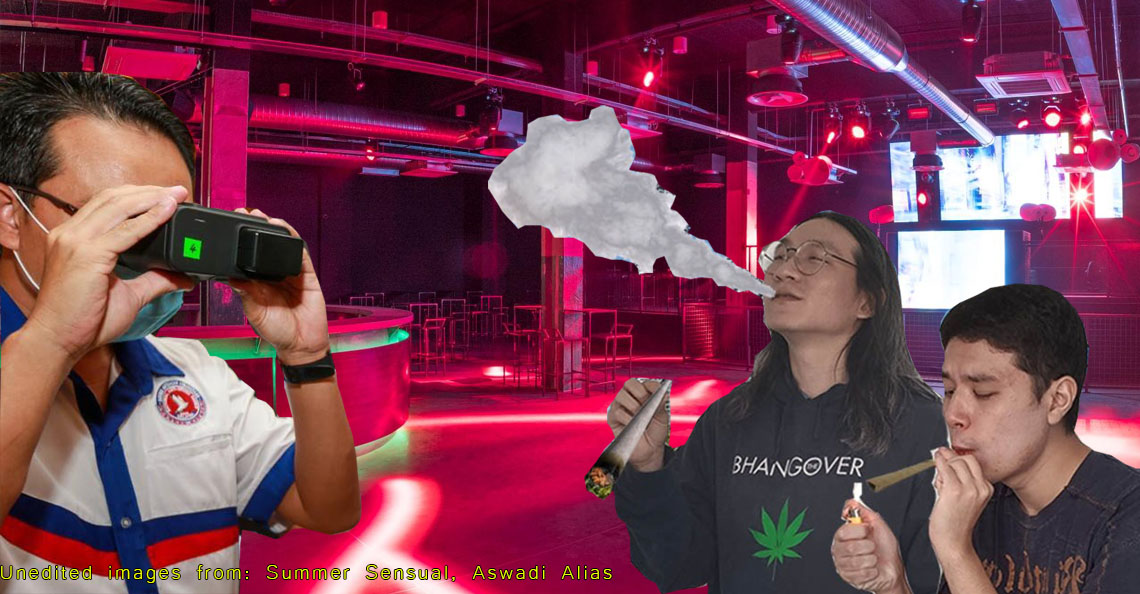Leftover medicine may soon make Malaysia’s tap water undrinkable. Here’s why.
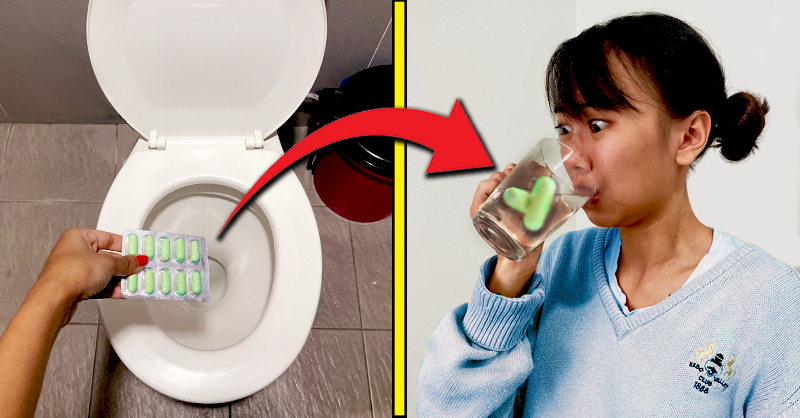
- 273Shares
- Facebook256
- Twitter4
- LinkedIn4
- Email4
- WhatsApp5
When you think of pollution, you probably think of the ones you’ve heard about for years and years, like rubbish in rivers and chemical waste dumping and the yearly haze we get from our generous next-door neighbour.

But have you heard of the drugs in our tap water?
Now before you get mad at big corporations for being irresponsible yet again, this problem was actually caused by all of us. Whether flushed down the toilet or poured down the drain, the medicines we consume or throw out eventually end up in our rivers. Then from rivers to treatment plants to the pipes that lead to household taps, these medicines find their way back to us, since 99% of Malaysia’s drinking water comes from rivers.
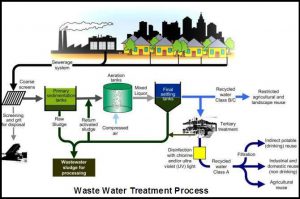
Question is, have we been unknowingly drugging ourselves this whole time?
Malaysia’s tap water is still safe to drink
There’s no need to panic buy bottled water just yet. Because yes, you can drink tap water though you might wanna boil it first to kill off any bacteria carried by our rusty pipes. But the thing is, our water is safe for now because the detected drugs are still within negligible (i.e. can ignore) levels.
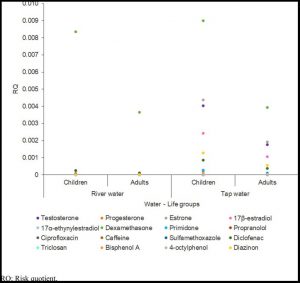
But if at any point more drugs find their way to our waters and those numbers rise, we’re pretty much in hot soup. Because when it comes down to it, Malaysia just doesn’t have the equipment to filter out these drugs, or more specifically, EDCs.
“Unfortunately, incomplete removal of EDCs by conventional treatment occurs since the treatment process has not been designed for EDC elimination,” – excerpt from Sze Yee Wee et al, Journal of Sci Rep. (2022)
And now you might be wondering, what are these EDCs?
EDCs are compounds that interfere with our body’s hormones
In the human body, the endocrine system produces hormones that are responsible for a whole bunch of important things like growth, sleep and sexual function.
Now, EDCs stand for Endocrine Disrupting Compounds. As the name suggests, these compounds fight with our hormones and get in the way of their work. So you can imagine the problems they cause are related to hormone functions, which range from fertility issues to psychological ones, even to the point of affecting sexual instinct.
If that’s not clear enough, here’s an inaccurate summary of what EDCs do to men:
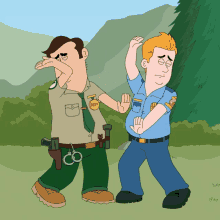
The not-so-good news is that EDCs are a necessary evil. They’re in a lot of drugs, like heart medication, steroids and antibiotics to name a few. Under normal circumstances, they’re prescribed for specific purposes and patients are under strict medical supervision. So harmful effects are kept to a minimum.
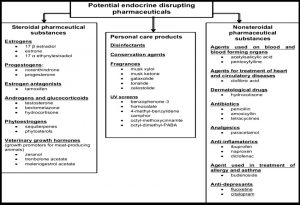
But continuous consumption through the water we drink? To be honest, EDCs have a very long half-life, which means it takes an equally long time for their effects to show. And because of this, some scientists argue that it doesn’t matter that we drink them. Since EDC concentrations in our waters are so diluted and the adverse effects develop so late, there’s almost no impact on the human life.
But that doesn’t mean we’re totally in the clear, because certain drugs have a cumulative effect, like antibiotics. You might have heard of this thing called antibiotic resistance, which is when the regular antibiotics we take don’t work anymore. And that’s because Kanye West bacteria can come back stronger, better and faster if they’re not treated properly.
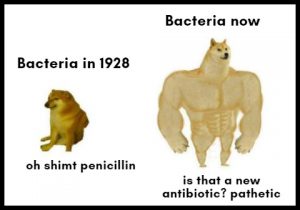
You probably remember all those times your doctor insisted you finish all your antibiotics and it’s for this exact purpose. The reason why antibiotic resistance is such a concern is because there may come a day where none of the meds we have will work. And now that they’re in the water we drink, the situation is seriously exacerbated.
But while the matter of antibiotic resistance is a long term issue, other drugs can take effect faster. And it’s not just humans who are affected by them.
Male fishes have been turning female
Why? Because they’re doped up on birth control pills.
“They changed fish sexual preferences by disrupting their hormone so that males become attracted to males and females to females. In essence, gay and lesbian fish,” – Prof. Ahmad Zaharin, hydro-chemistry expert, as quoted to Today Online
Yeah, yeah, you’re laughing now but this a lot more more serious than you think. And worse yet, there’s really nothing we can do about it. As mentioned before, there’s no way to filter EDCs. So all women on birth control pills will pee these EDCs down toilets and directly into our rivers.
And from there, the pills directly alter the hormones in male fishes. They start displaying ‘female’ characteristics and mating with other male fishes. Sometimes they’re even attracted to the same sex. And due to their unbalanced natures, the fishes have a hard time catching food, problems with mating and even procreation. Btw, if you want a whole breakdown on this process, you can head over here to read a Cilisos article about it.
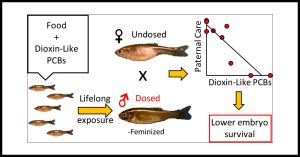
It’s like this: Either women keep taking birth control pills and we get fishes that can’t survive. Or women stop taking birth control pills and we get kids who will eat up all of our fishes anyway 🤷🏼
But on a more serious note, it’s not just the depleting fish population we have to worry about but also what happens when humans eat them? A 2019 study on the Klang river shows that the fishes are still edible because like our tap waters, the detected pollutants are within safe levels.
Still, prevention is better than cure, right?
You can safely throw your meds at govt hospitals and selected pharmacies
So now we go back to the root of the problem, what should people do with their expired or unwanted meds? And the answer is simple: Discard them safely.
Over the years, community pharmacies have opened their doors to the public by setting up disposal boxes at their counters. At the time of this writing, both CARiNG Pharmacy and Alpro Pharmacy have implemented this in on all their stores.
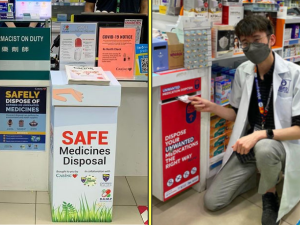
In fact, Alpro Pharmacy has gone one step further. Instead of just dumping your meds, you can review them with the pharmacists on duty to figure out why they don’t work for you and whether you need them changed. Because the plan is not just to clean up wastage but to reduce it as well.
And really, it’s the little things that count. Discarding old or excess medication safely is something every Ali, Muthu and Ah Hock can do. In fact, keep doing it and know that when you drink your next glass of water, you helped made it cleaner.
- 273Shares
- Facebook256
- Twitter4
- LinkedIn4
- Email4
- WhatsApp5

